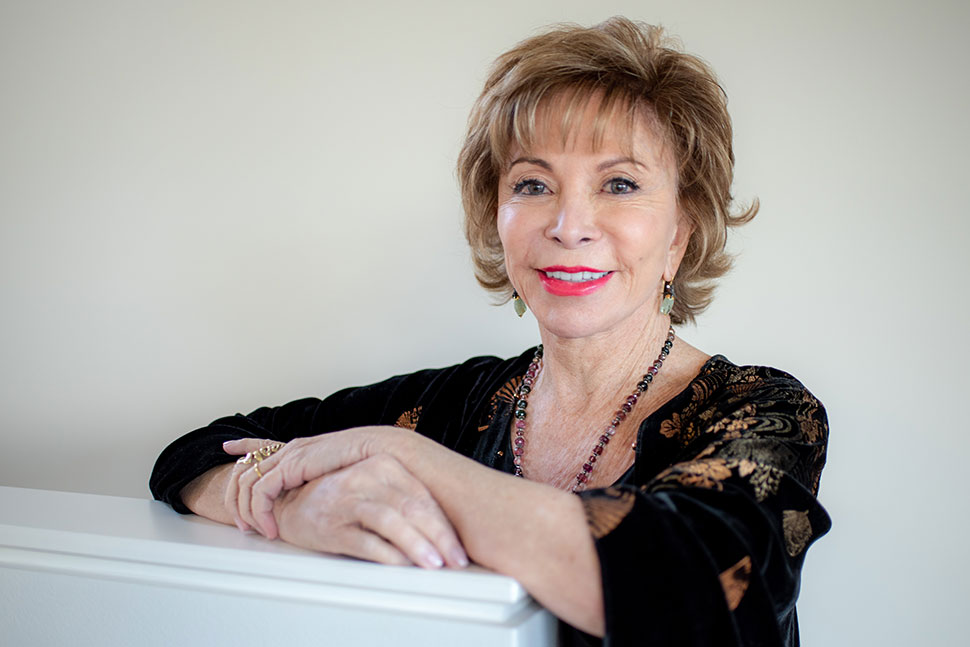Newsmaker: Isabel Allende

Since her first novel, The House of the Spirits, was published in 1982, Isabel Allende has written frequently about the interior lives of women. Her latest book, The Soul of a Woman (Ballantine Books, March), is a collection of essays that follows the trajectory of Allende’s life and evolving approach to feminism—as the daughter of a single mother in Chile, as a journalist covering women’s issues in the 1960s and 1970s, as a mother herself, and now as a US citizen and internationally acclaimed author of fiction and nonfiction. She spoke with American Libraries about her influences, challenges to her books, and fighting the patriarchy.
What do you to hope to add to the conversation around feminism? The book tells my story, which is a very long story, so young women who read it will see what happened before them, and people my age will be able to see what’s happening now, which I think is important: to be open to everything new.
But what is the ultimate goal of feminism, of the movement? To defeat the patriarchy, and we are far from that. We have a lot of work to do. In the book I try to explain why defeating the patriarchy is so important, because patriarchy is like the air we breathe, which we don’t notice, until we do.
When we read something, we realize we’re not alone, we realize there are other women and other people who are thinking as we think, are feeling what we feel. That interconnection that literature—fiction or nonfiction—creates is very important.
Your books have been challenged in schools and libraries because they discuss sexuality. What is it like to have your work challenged? It’s a badge of honor. Because as soon as a book is banned, everybody’s reading it. I’ve always said that if you want kids to read, then forbid the book and they will read it. And also, I had a couple of very passionate teachers who fought back against their boards of education and got my books reinstated.
I love librarians. I think the whole idea of being a librarian is extraordinary. Not only that you live your life with books and for books but that you can guide a young reader. That’s so important.
What authors or books have influenced you? When I was a child, I read young adult books, but they were not called young adult books then—Jack London, Mark Twain, [Charles] Dickens. Very young I started reading the great Russian novelists, and I was fascinated by these long, long stories.
I belonged to the first generation of Latin American writers who grew up reading the great writers of the boom of Latin American literature. They were all men, there was not one female voice in that boom, but they were all great writers. They were a big influence in the way I saw Latin America. They were a choir of multiple voices, very different but harmonious, that presented Latin America to the world but also to us. They gave us a broad vision of our continent. They were a huge influence later for me in my writing.
A book that influenced me a lot was one I read when I was about 13. My stepfather had a locked armoire, and inside were cigarettes, whiskey, and Playboy. So of course every time he went out, we would pick the lock and my brothers would drink the whiskey, smoke the cigarettes, and look at the Playboy. I would go directly to the four beautiful leather volumes of One Thousand and One Nights, reading with a flashlight and skipping pages. So the stories were blending into one another, and all this was about harems and magical carpets and thieves that would climb onto balconies. It was the awakening of eroticism and fantasy, and both have marked my writing.
What are you reading? Untamed (by Glennon Doyle) and Fantasyland by Kurt Andersen. I’m also doing some research for the novel I’m writing. I’m always writing something because if I don’t write, I go crazy.
Source of Article